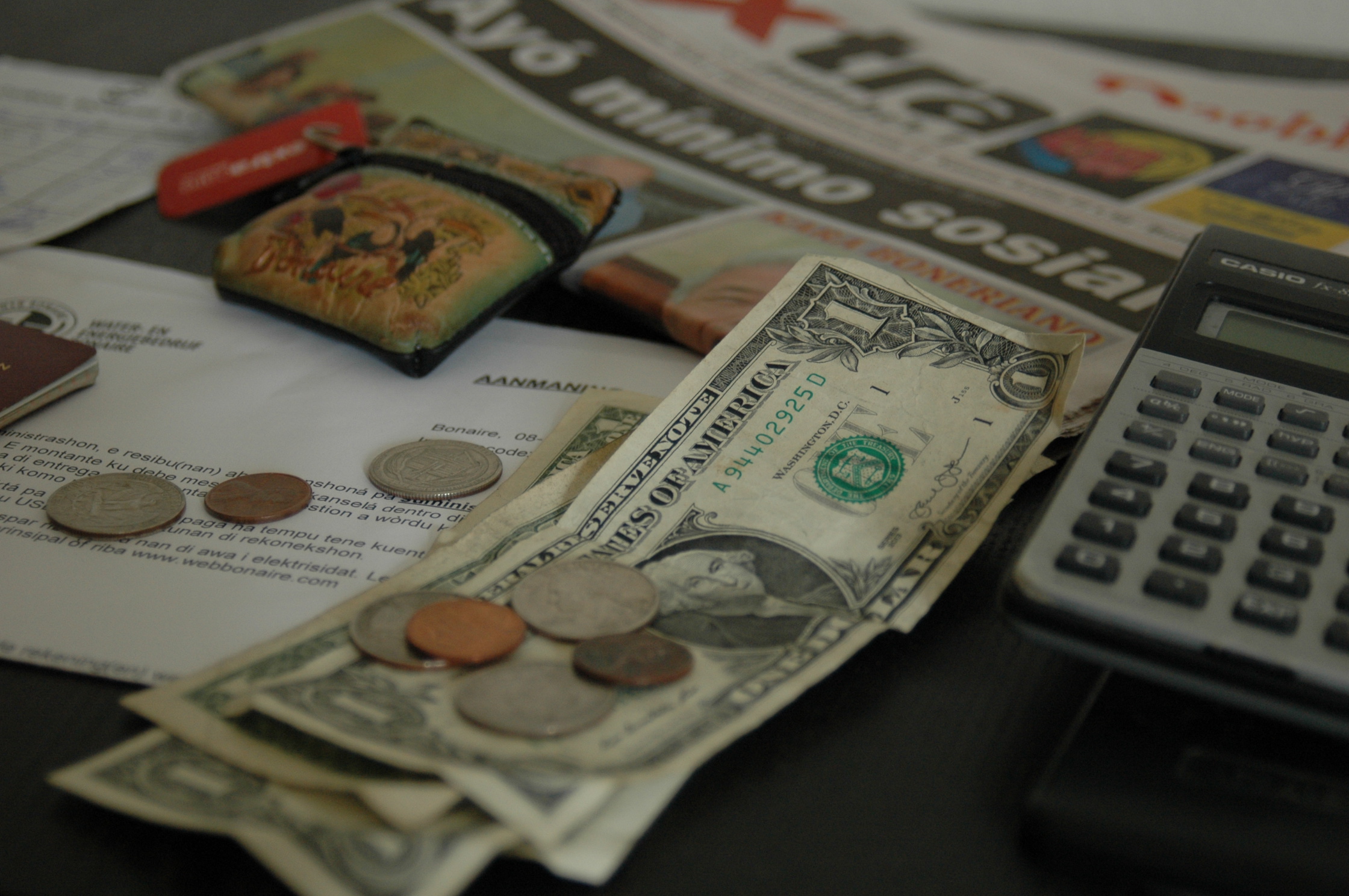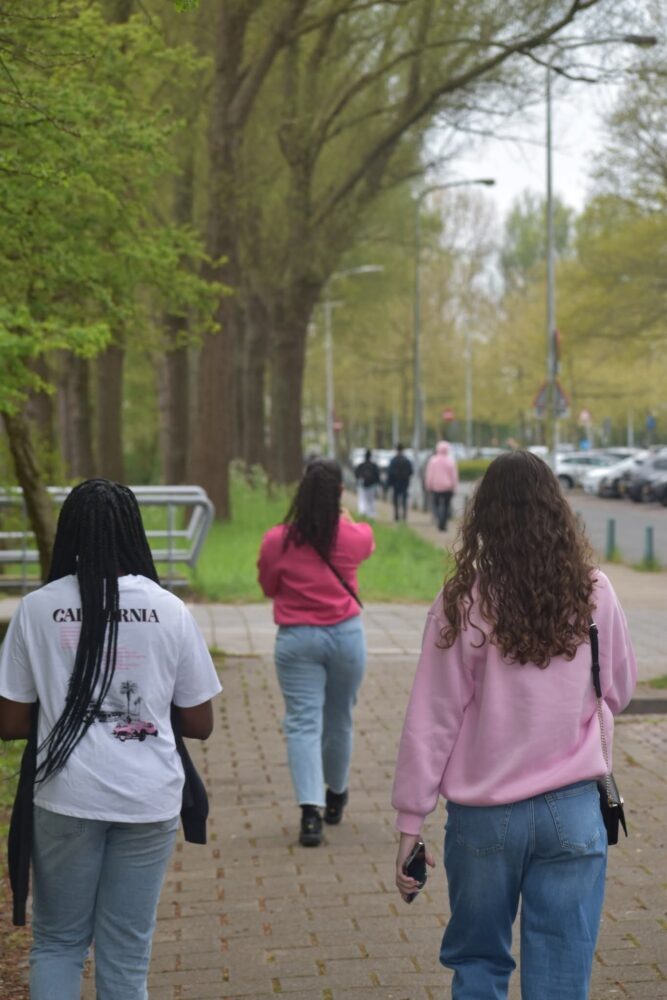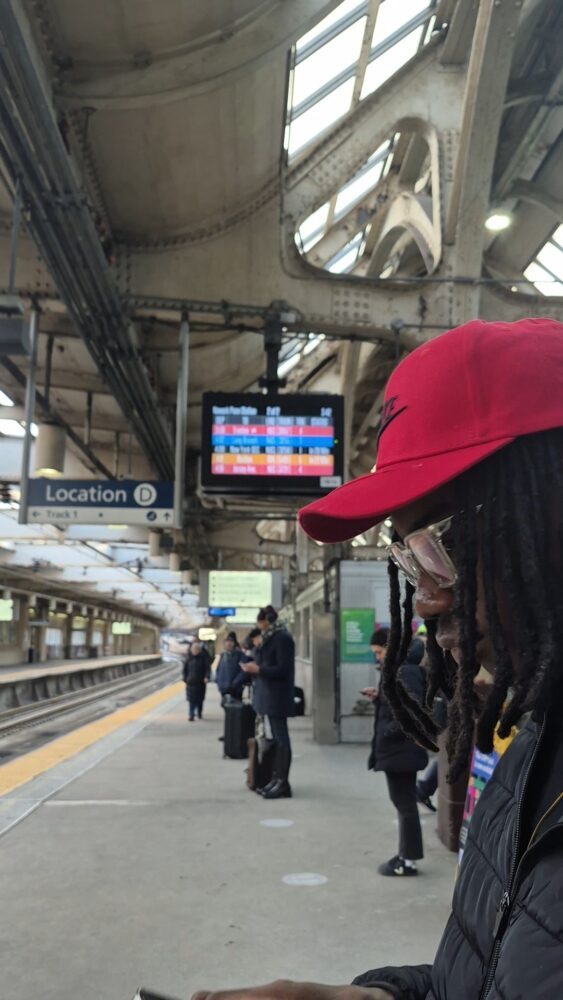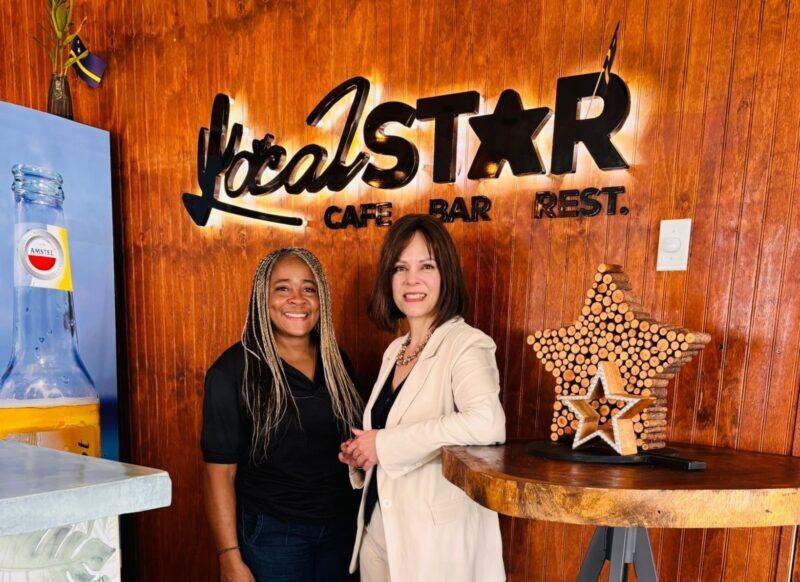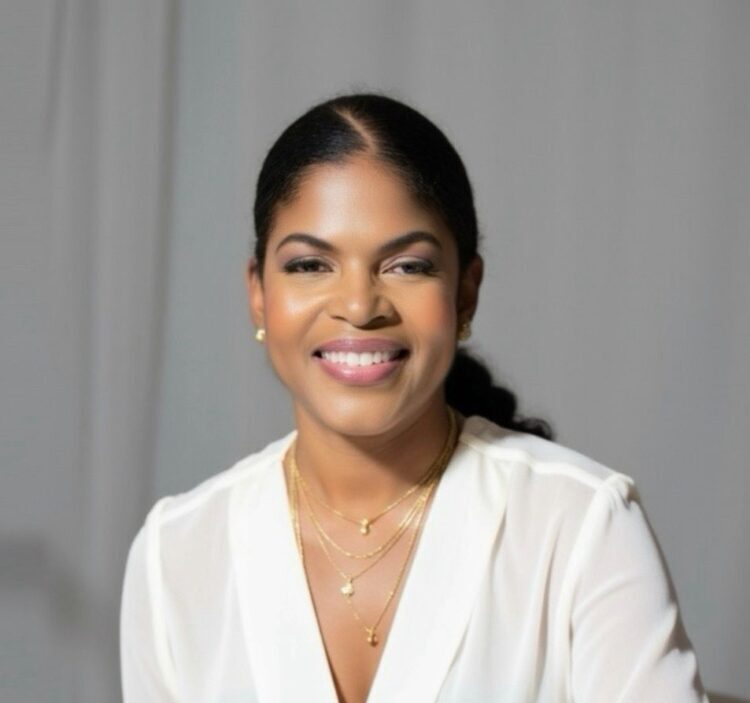KRALENDIJK – “The subsistence level has been a dot on the horizon for years. We can no longer explain this to the people,” says island council member Elvis Tjin Asjoe. He laid the groundwork for a motion that was adopted by all three of the BES islands.
The motion demands that the yet to be formed Dutch government takes up the social minimum, which should be equal to the one in the European part of the Netherlands, in the governing accord. The social minimum is the minimum amount an individual needs to cover the bare necessities of life.
Why are you utilizing this method to shine a light on the social minimum?
“Plenty of research has been done and everyone says that it has to be determined: MP’s, Parliament and the Senate, the Council of State, The Netherlands Institute for Human Rights, and the Ombudsman. Ministers promised to do their best in 2019 to create a package that could guarantee people could survive for a month. Contrary to what was promised the costs of living are currently higher”, says member of the island council Elvis Tjin Asjoe.
Have you tried to get attention for this topic via this route before (through the party leaders and the ‘formateur’)
“It’s the first time that I’ve approached the party leaders in such a manner. Mostly (the caretaker prime minister) Rutte. With all due respect, he became prime minister on October 14th 2010, also for the Caribbean part of the Netherlands, so my call to Rutte is as follows: after 11 years it should finally be time to use some political capital to help the islands.”
Several MP’s have said that the issue of poverty would immediately be tackled after the elections; what do you think when you hear these statements? Are they still believable?
“There are so many MP’s who have and are trying to do what’s best for the Kingdom but I don’t believe that they’re truly able to do something. This is about the unwillingness of the leaders. We have seen so many state secretaries come and go. They visit Bonaire and are driven around in a bus. They all say that they feel horribly about the situation and that they’ll do something about it but when they get back to The Hague a few motions are passed which are then ignored.”
At the recent Interparliamentary Kingdom Conference, which was held on Bonaire, where Aruba, Sint Maarten, Curaçao, and the Netherlands discussed the future of the Kingdom, agreements were made about the social minimum wage: how do you feel about this?
“It should have been a point of order at the Kingdom level. Also for the CAS countries. The Netherlands has a role as the mother of the Kingdom and shouldn’t just keep an eye on the finances and government but also on social issues. Additionally the Netherlands should have presented a strong statement on behalf of the BES islands; ‘we believe that the social minimum should be determined within a certain amount of time and we will work as hard as possible to achieve this’.
Parliament has reacted and made it known that they will be debating the issue; do you have higher hopes, compared to a few years back, that something will truly change?
“I’m cautiously optimistic. If (caretaker prime minister) Rutte gets the message, I think the urgency will become more apparent. How much money are we talking about here? When you see how much money gets pumped into construction, climate change, the individuals affected by floods because of climate change, I mean I get all of that, but the homes of our people are being flooded by poverty.”
Bonaire’s consumer rights organization Unkobon is considering taking the Dutch State to court if the new government continues to delay the introduction of the social minimum.




